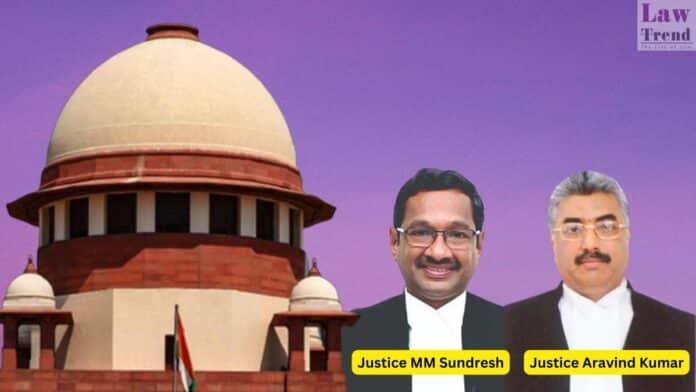In a resounding affirmation of justice and reformation, the Supreme Court of India has ordered the release of Om Prakash alias Israel alias Raju alias Raju Das, incarcerated for 25 years for an offence committed in 1994. The Court determined that he was a juvenile at the time of the crime, a finding overlooked by
To Read More Please Subscribe to VIP Membership for Unlimited Access to All the Articles, Download Available Copies of Judgments/Order, Acess to Central/State Bare Acts, Advertisement Free Content, Access to More than 4000 Legal Drafts( Readymade Editable Formats of Suits, Petitions, Writs, Legal Notices, Divorce Petitions, 138 Notices, Bail Applications etc.) in Hindi and English.




